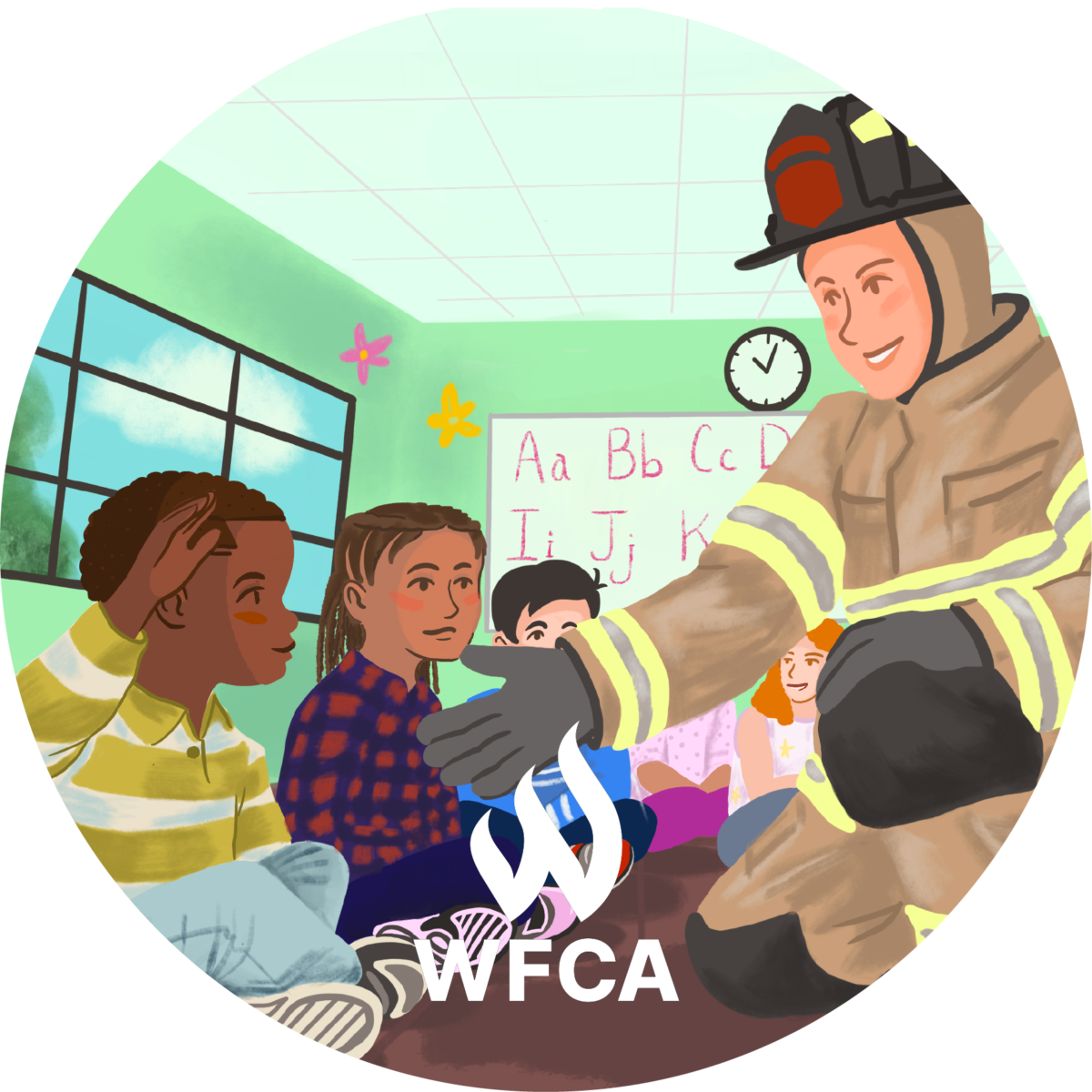Welcome to Facts Vibes! In this article, we’re bringing you 10 fun facts about wildfires. From their impact on ecosystems to surprising fire adaptations, these facts will ignite your curiosity. Join us as we explore the fascinating world of wildfires. Let’s dive in!
Uncovering the Fascinating World of Wildfires: 10 Surprising Facts
Uncovering the Fascinating World of Wildfires: 10 Surprising Facts
Wildfires are a natural occurrence that can have devastating effects on the environment, wildlife, and human communities. Here are 10 surprising facts that shed light on the impactful nature of wildfires:
1. Ancient Origins: Wildfires have been shaping ecosystems for millions of years, playing a crucial role in regenerating landscapes and maintaining biodiversity.
2. Fire-Adapted Flora: Some plants have evolved to thrive in fire-prone environments, relying on wildfires to clear out competition and promote their growth.
3. Mega Fires: In recent years, wildfires have been increasing in size and intensity, leading to the emergence of megafires that pose significant challenges for firefighting efforts.
4. Human Impact: Human activities, such as land development and climate change, have contributed to the escalation of wildfire risks, altering natural fire regimes.
5. Ecological Role: While wildfires can be destructive, they also play a vital role in clearing out decaying plant matter and promoting the renewal of ecosystems.
6. Smoke Effects: Wildfire smoke contains fine particulate matter and harmful gases, posing health risks to both humans and animals, especially those with respiratory conditions.
7. Fire Behavior: Wildfires can exhibit complex and unpredictable behaviors, influenced by factors such as wind patterns, topography, and fuel moisture.
8. Economic Cost: The financial expenses associated with wildfire suppression, post-fire recovery, and property damage can be staggering, impacting local economies and government budgets.
9. Community Resilience: Building resilient communities involves implementing strategies for wildfire prevention, preparedness, and education to mitigate the risk of wildfire disasters.
10. Climate Change Link: Climate change is exacerbating wildfire conditions, leading to longer fire seasons, more severe droughts, and an increased likelihood of extreme fire events.
Understanding the complexity and intricacies of wildfires is essential for developing effective strategies to coexist with and manage these natural phenomena.
Most popular facts
Wildfires can occur in any part of the world, including forests, grasslands, and even urban areas.
Wildfires can occur in any part of the world, including forests, grasslands, and even urban areas.
Lightning strikes are a common cause of wildfires, but they can also be started by human activities such as campfires or discarded cigarettes.
Lightning strikes and human activities like campfires or discarded cigarettes are common causes of wildfires.
A wildfire’s behavior can be influenced by weather, topography, and fuel conditions.
Weather, topography, and fuel conditions can influence a wildfire’s behavior.
Some plants have evolved to depend on wildfires for their reproduction, using the heat to release seeds.
Some plants have evolved to depend on wildfires for their reproduction, using the heat to release seeds.
The smoke from wildfires can travel great distances and impact air quality in neighboring regions.
The smoke from wildfires can travel great distances and impact air quality in neighboring regions.
Wildfires can create their own weather patterns, including fire tornadoes and pyrocumulus clouds.
Wildfires can create their own weather patterns, including fire tornadoes and pyrocumulus clouds.
Firefighting efforts can involve aerial water drops, controlled burns, and creating firebreaks.
Firefighting efforts can involve aerial water drops, controlled burns, and creating firebreaks.
Long-term ecological benefits of wildfires can include rejuvenation of ecosystems and improved habitat for certain species.
Long-term ecological benefits of wildfires can include the rejuvenation of ecosystems and improved habitat for certain species.
Wildfires can release large amounts of carbon dioxide into the atmosphere and contribute to climate change.
Wildfires can release large amounts of carbon dioxide into the atmosphere and contribute to climate change.
Human settlements located near wildlands are at risk of property damage and loss of life from wildfires.
Human settlements located near wildlands are at risk of property damage and loss of life from wildfires.
In some regions, prescribed or controlled burns are used to reduce fuel loads and help prevent catastrophic wildfires.
Prescribed or controlled burns are used in some regions to reduce fuel loads and help prevent catastrophic wildfires.
The 1910 Big Burn in the western United States remains one of the largest and most destructive wildfires in recorded history.
The 1910 Big Burn in the western United States is one of the largest and most destructive wildfires in recorded history.
Wildfires can have significant economic impacts through loss of timber, agricultural crops, and infrastructure.
Wildfires can have significant economic impacts through loss of timber, agricultural crops, and infrastructure.
Fire-adapted tree species, such as the giant sequoias, have thick bark and cones that open in response to heat.
Fire-adapted tree species, such as the giant sequoias, have thick bark and cones that open in response to heat.
Wildfire management techniques continue to evolve with advancements in technology and research.
Wildfire management techniques continue to evolve with advancements in technology and research.
In conclusion, wildfires are a fascinating and powerful natural phenomenon that have a significant impact on the environment and communities. Understanding the complexity and severity of wildfires is crucial for better management and prevention efforts in the future. It’s essential to appreciate the importance of wildfire awareness and preparedness to protect our natural landscapes and ensure the safety of all individuals affected by these events.
